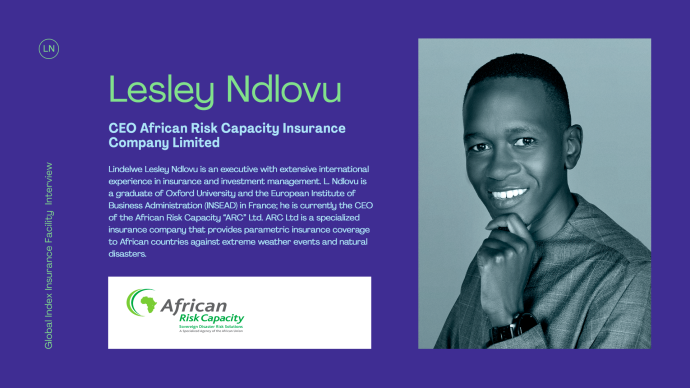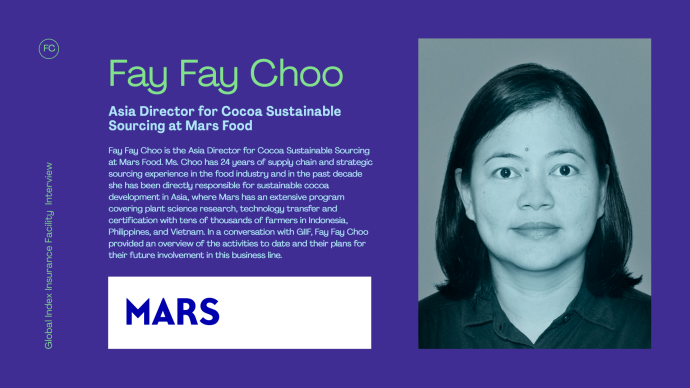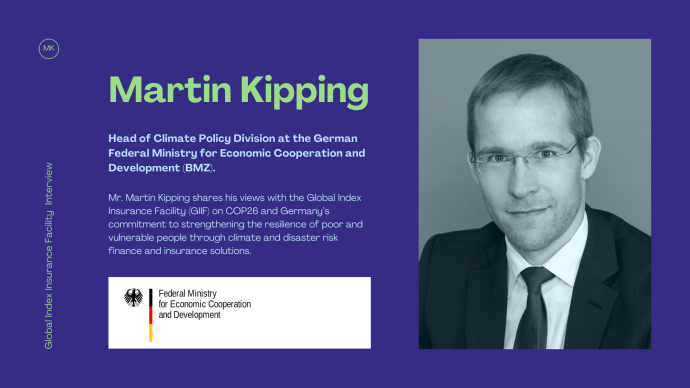22
Dec
Under a scenario with 1.5°C of warming above preindustrial levels by 2030, almost half of the world’s population—approximately 5.0 billion people—could be exposed to a climate hazard related to heat stress, drought, flood, or water stress in the next decade. Today, this figure is 3.3 billion people. There is thus an urgent need to focus on boosting resilience in both cities and rural areas. During the just-ended COP26, the World bank Group turned the spotlight on its Climate Change Action Plan 2021-25 which prioritizes a green, resilient and inclusive development (GRID) approach for maximizing



